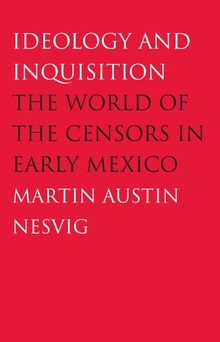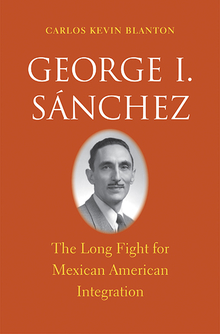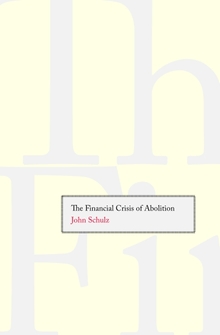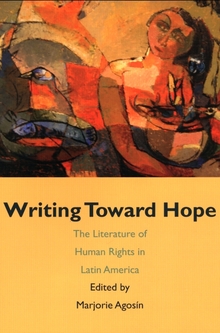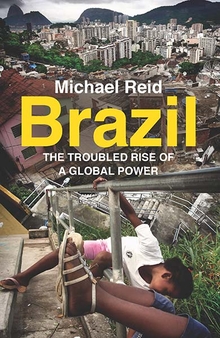Ideology and Inquisition
WARNING
You are viewing an older version of the Yalebooks website. Please visit out new website with more updated information and a better user experience: https://www.yalebooks.com
The World of the Censors in Early Mexico
Martin Austin Nesvig
This book is the first comprehensive treatment in English of the ideology and practice of the Inquisitional censors, focusing on the case of Mexico from the 1520s to the 1630s. Others have examined the effects of censorship, but Martin Nesvig employs a nontraditional approach that focuses on the inner logic of censorship in order to examine the collective mentality, ideological formation, and practical application of ideology of the censors themselves.
Nesvig shows that censorship was not only about the regulation of books but about censorship in the broader sense as a means to regulate Catholic dogma and the content of religious thought. In Mexico, decisions regarding censorship involved considerable debate and disagreement among censors, thereby challenging the idea of the Inquisition as a monolithic institution. Once adapted to cultural circumstances in Mexico, the Inquisition and the Index produced not a weapon of intellectual terror but a flexible apparatus of control.
Martin Nesvig is assistant professor of history at the University of Miami. He is the editor of Local Religion in Colonial Mexico and Religious Culture in Modern Mexico.
"Nesvig seamlessly combines prosopography with intellectual, institutional, and social history of a very high caliber to provide a vivid portrait of inquisitional thinking, successes, and failures in early colonial Mexico."—Eric Van Young, University of California, San Diego
“ [a] truly unique, enlightening and entertaining book.”—Daniel Breining, Bulletin of Spanish Studies
Publication Date: September 1, 2009
10 b/w illus.

